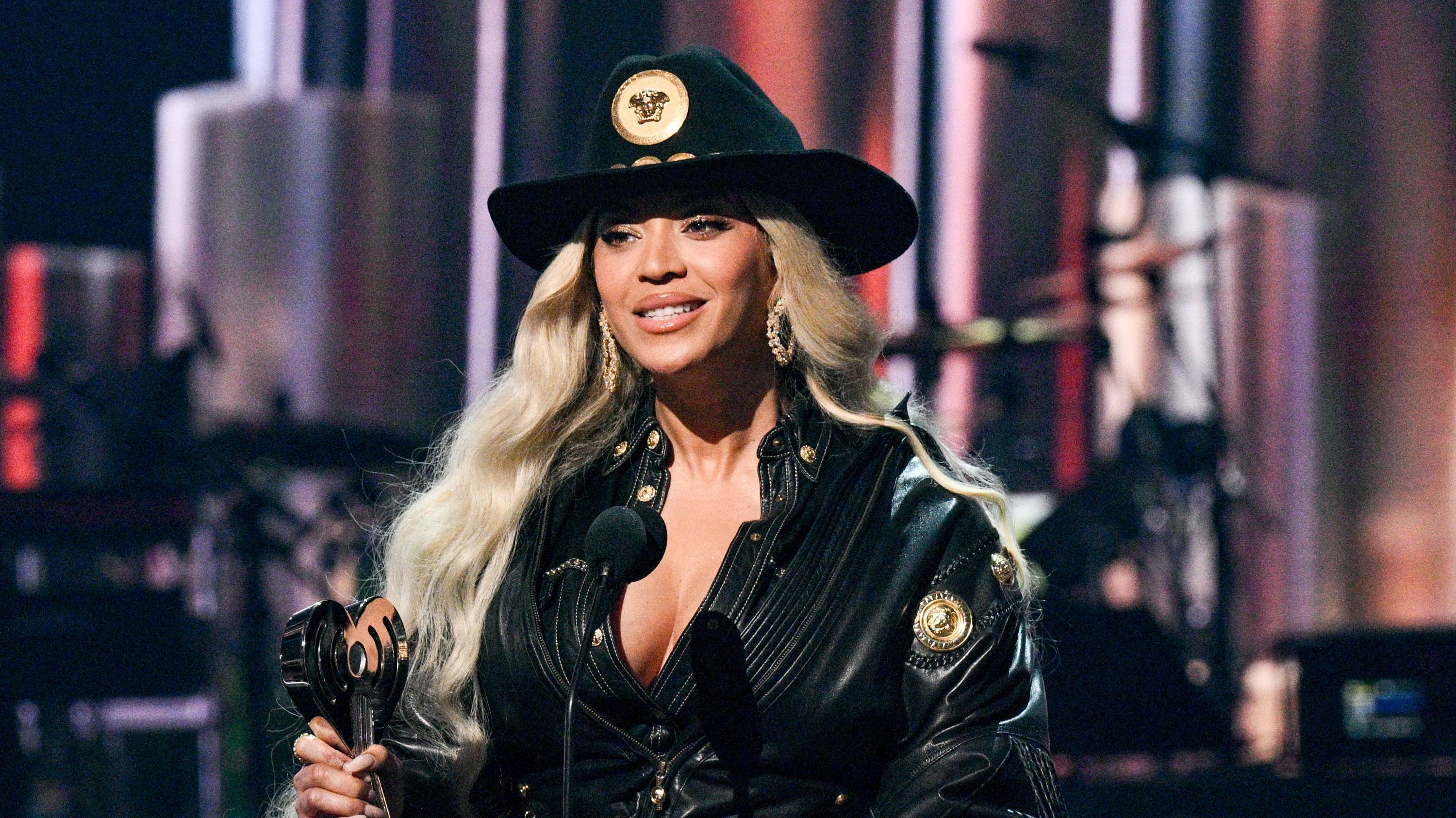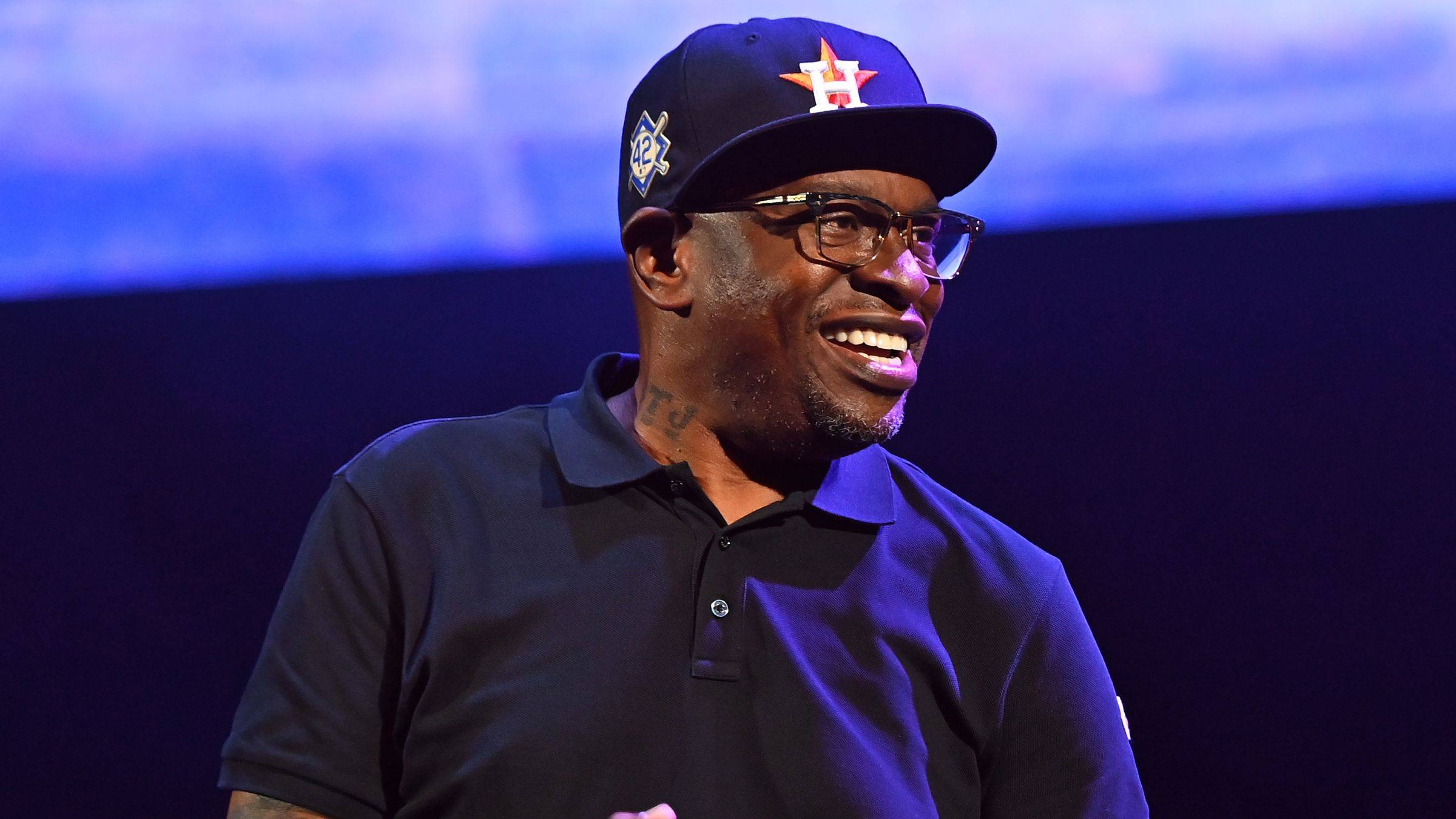Does Being Impulsive Predict Gambling Problems Among Teens?

When you were in first grade, did you blurt out answers without raising your hand? Or grab the toy you wanted without asking permission?
Yes, that kind of behavior is normal as we are developing, and many of us outgrow those tendencies. But for those who don’t, this lack of control can be a risk factor for having problems with gambling.
A recent study found a developmental pattern of impulsiveness in young African-American males is linked with gambling in their late teens. Researchers from Columbia University's Mailman School of Public Health analyzed classroom behavior from 310 Baltimore-based males from first grade through their late teenage years — 87 percent of the boys were Black and 70 percent were low-income. Over the years, teachers made reports on behaviors which looked at certain impulses.
Analysis from these reports saw that 41 percent of the boys who showed high levels of being impulsive when they were young remained impulsive as they matured. Young boys in this group, analysis proved, are more vulnerable to gambling in their late teens and often have issues with it.
For older teens, they found that the boys who had low self-control and high impulses were three times more likely to be at risk for problem gambling and two times more likely to be “at-risk” for gambling.
Problem gambling is defined as an uncontrollable urge to keep gambling despite knowing that it is harmful and despite wanting to quit. “At-risk” gambling is when there are certain factors that make you more vulnerable to gambling such as family history, being male, suffering from depression or from a traumatic event.
“Over all, two-thirds of the boys in the study (67 percent) reported they engaged in some gambling, 20 percent met criteria for at-risk gambling and 9 percent met the criteria as problem gamblers,” says a university press release.
Gambling, especially for African-American youth, takes on many forms: Lottery tickets, scratch-offs, Bingo, dice and card games. But there isn’t much recent data out about racial disparities.
Older data suggests that teens of color are more likely to gamble than white teens, but that data was compiled before online gambling became popular. More recent data from Johns Hopkins suggests that 15 percent of African-American boys are problem gamblers and that gambling is a risk factor for being a father at an earlier age and being incarcerated.
Do you think you are a problem gambler? Learn more about getting help.
BET Health News - We go beyond the music and entertainment world to bring you important medical information and health-related tips of special relevance to Blacks in the U.S. and around the world. Click here to subscribe to our newsletter.
(Photo: REUTERS/Jim Young)





